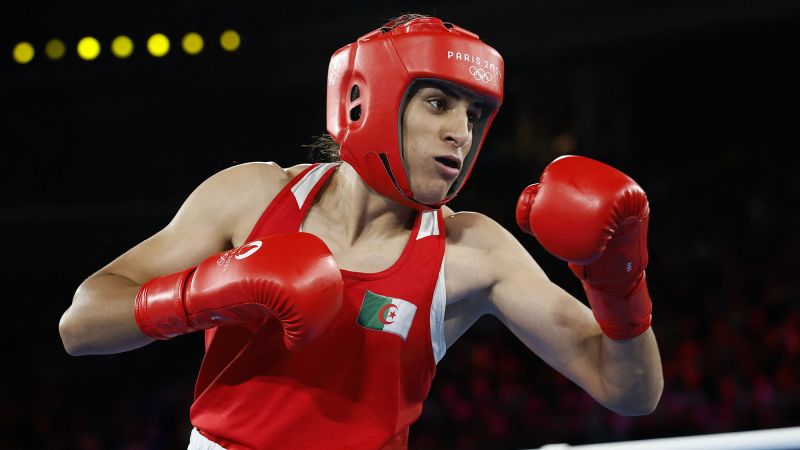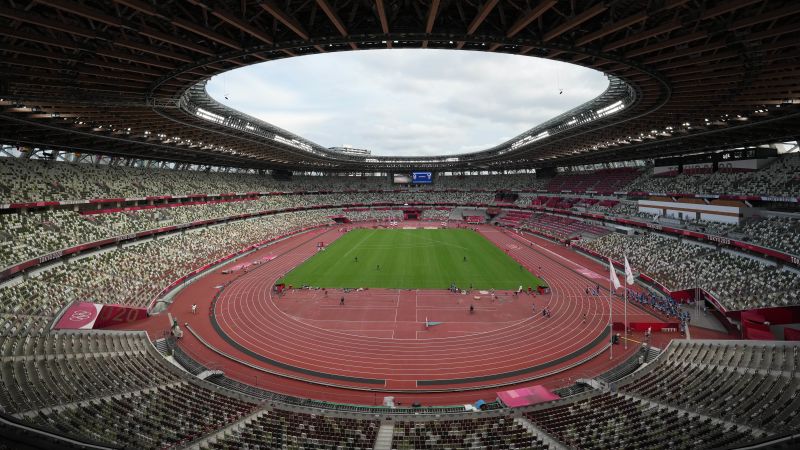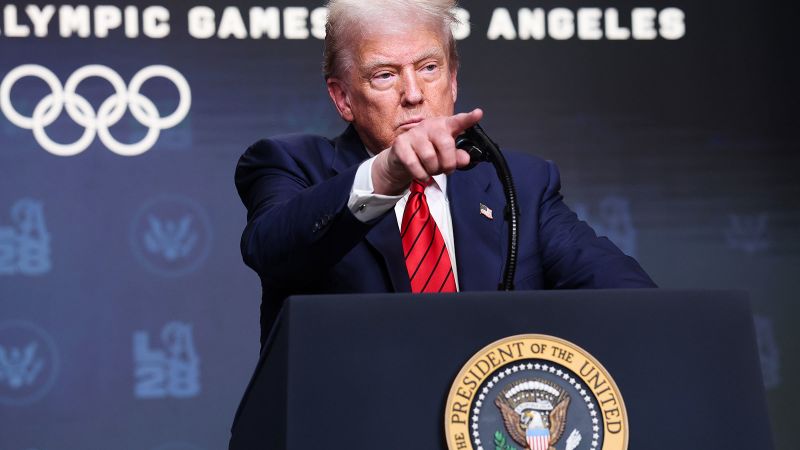
Imane Khelif Challenges World Boxing's Genetic Sex Testing Mandate
Opinion | 9/2/2025
Olympic champion Imane Khelif is challenging the World Boxing’s mandate that she must undergo genetic sex testing to participate in future events. The ruling, which poses a significant hurdle for Khelif, has prompted her to appeal against the requirement. The controversy stems from the World Boxing’s enforcement of genetic sex testing, a policy that has drawn scrutiny and debate within the sports community for its implications on athlete eligibility.
Khelif’s fight against the genetic sex testing rule underscores a broader conversation around the intersection of gender identity and sports participation. This issue raises questions about the boundaries and fairness of regulations that dictate athletes’ ability to compete based on biological criteria. The debate on genetic sex testing in sports has historical roots, with past instances of similar policies facing criticism and legal challenges.
In response to the World Boxing’s decision, a representative for Khelif stated, “Imane is dedicated to her sport and has proven her skill and commitment through her Olympic achievements. It is unjust to impose additional requirements that undermine her ability to compete at the highest level.” The appeal process initiated by Khelif highlights the athlete’s determination to navigate the regulatory landscape while advocating for her right to participate without discriminatory barriers.
The World Boxing’s stance on genetic sex testing remains a contentious issue within the sporting world, with differing perspectives on the necessity and fairness of such regulations. While some argue that such measures are essential for maintaining competitive balance and upholding the integrity of sports, others contend that these policies may infringe upon athletes’ rights and perpetuate stereotypes. The ongoing dispute surrounding Khelif’s case reflects the complexities and sensitivities involved in addressing gender-related policies in athletics.
As the appeal process unfolds, the outcome of Khelif’s challenge against the genetic sex testing rule will likely have broader implications for the future of gender regulations in sports. The case has sparked conversations about inclusivity, equality, and the evolving landscape of athletic competition, emphasizing the need for thoughtful consideration and dialogue in navigating the intersection of gender identity and sports participation.


